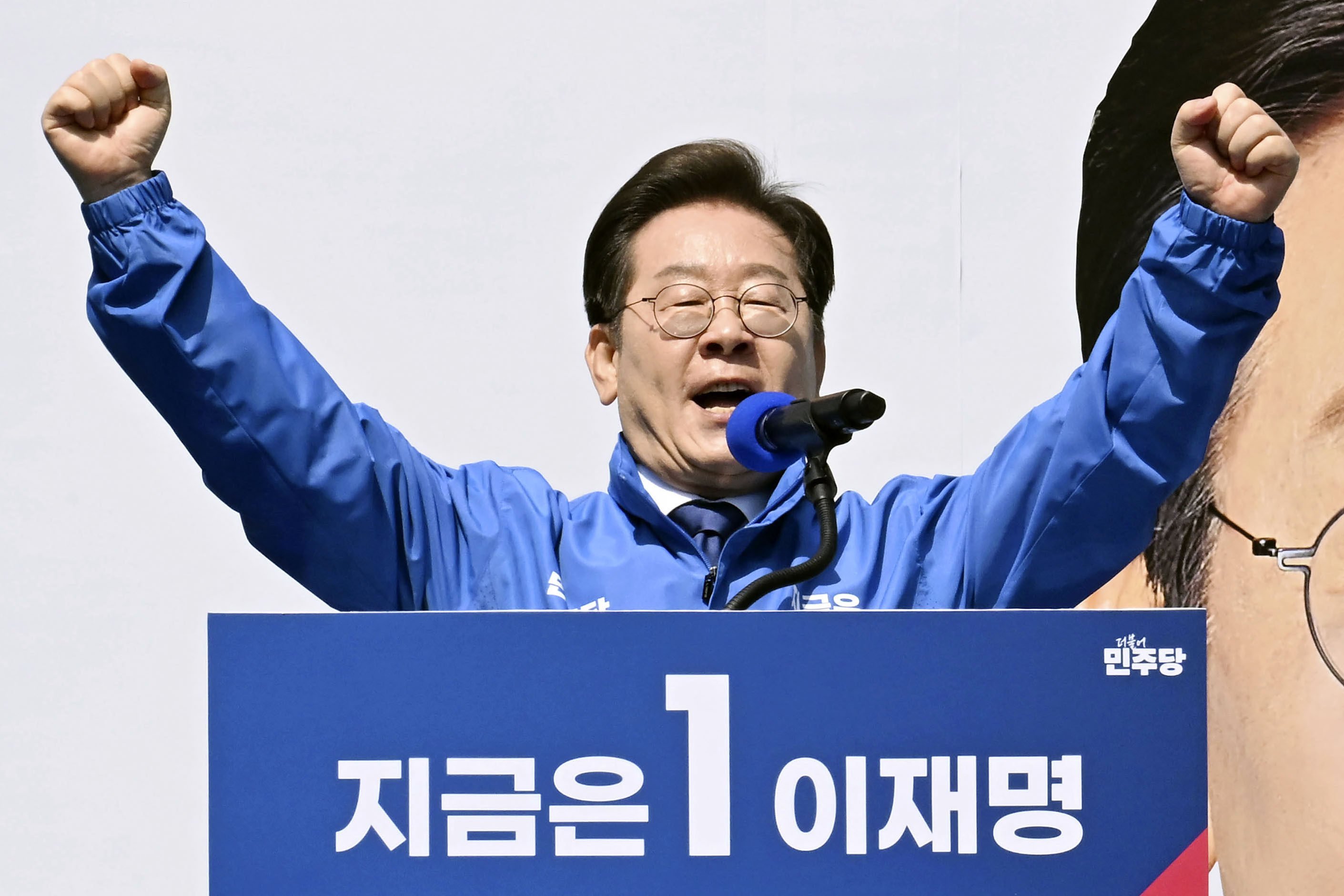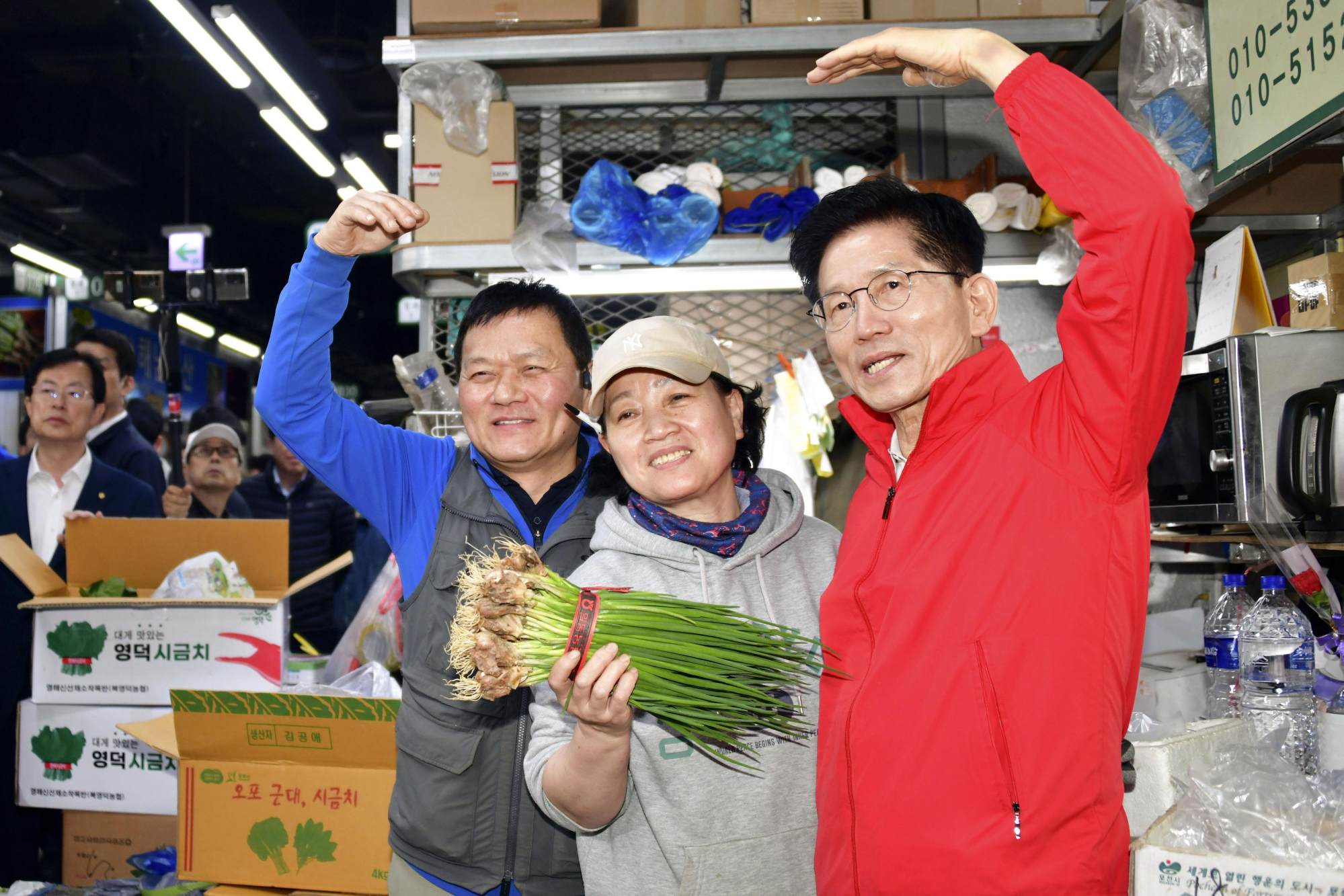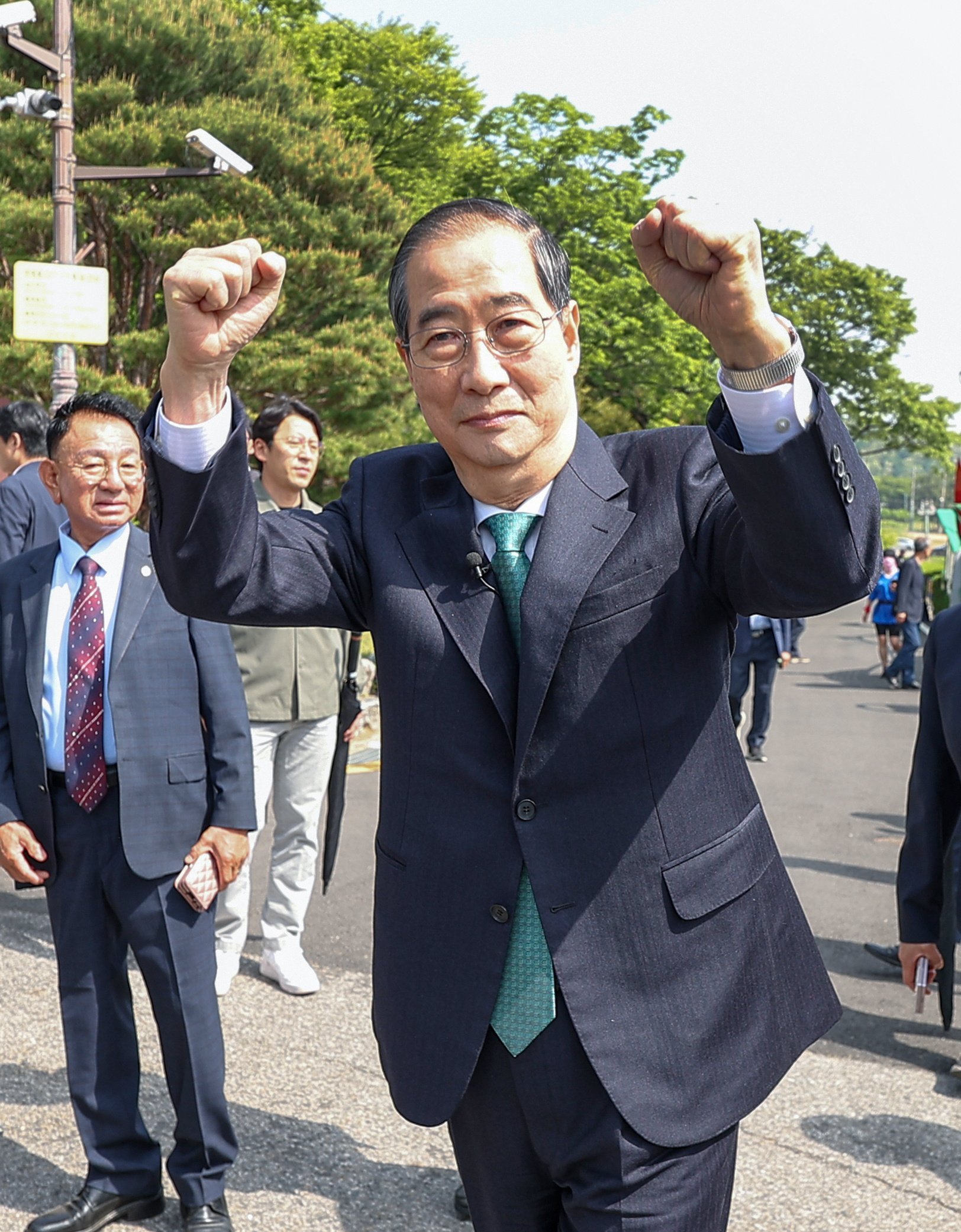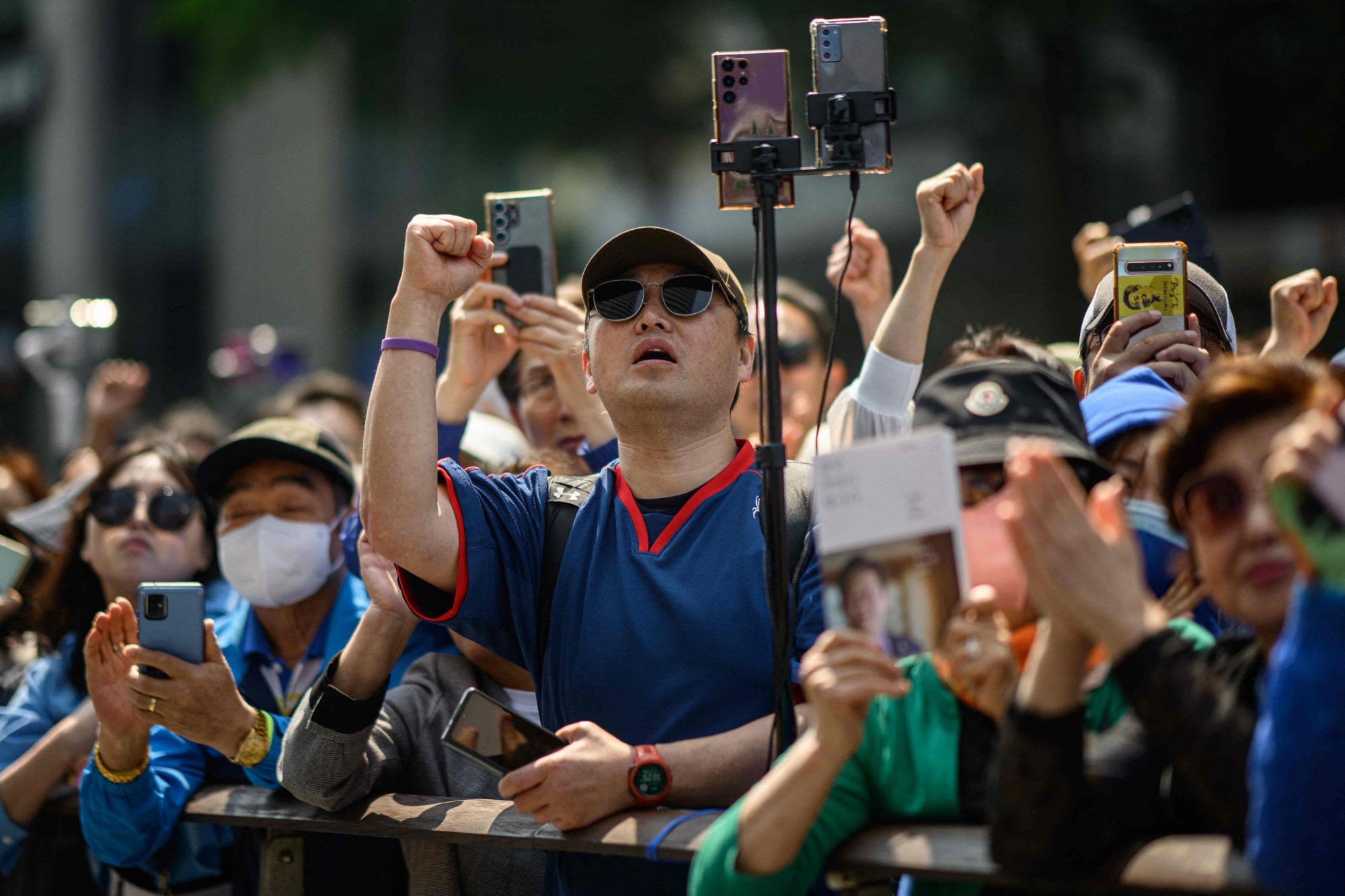South Korea election: assassination fears recall darker political times
Front runner Lee Jae-myung’s camp is considering bulletproof screens for his campaign speeches, much like the US practice

Assassination fears have roiled South Korea’s highly charged presidential race in a new development that observers warn is reminiscent of darker, more turbulent times in the country’s political past.
Liberal Democratic Party of Korea (DPK) presidential candidate Lee Jae-myung on Monday expressed regret that he had to wear a bulletproof vest following concrete threats on his life, as the opposition leader accused impeached president Yoon Suk-yeol and his loyalists of orchestrating further turmoil.
At his first campaign rally of the official election period for the June 3 snap presidential election, Lee called the race “a decisive battle against the entrenched powers” who he accused of undermining the constitutional order and devastating livelihoods following Yoon’s failed attempt to impose martial law on December 3.
Wearing a white bulletproof vest under a blue DPK campaign jacket, Lee stressed the need to overcome the national crisis.
“We can no longer be trapped in the past, nor can we afford to be divided by ideology, doctrine, or political factions,” he said, stressing the importance of unity and pragmatism over partisanship.

Lee, 61, faces off against Kim Moon-soo, 73, representing Yoon’s conservative People Power Party (PPP). A former labour activist in the 1980s, Kim – known for his far-right rhetoric – shifted to conservatism after what he described as a political “awakening” following the collapse of the Soviet bloc.
Kim has pledged to revive the ailing economy and improve livelihoods, accusing Lee of making reckless, populist campaign promises, including cash handouts.
He has also warned of what many in the establishment see as a nightmare scenario: the pro-reform DPK controlling both the executive and the legislature, where it already holds nearly a two-thirds majority.
Recent polls show Lee with a commanding lead, polling above 50 per cent and maintaining a margin of about 20 percentage points over Kim.
Meanwhile, the PPP is struggling with internal and external backlash after a failed bid to replace Kim with former acting president Han Duck-soo.
The attempt was derailed by strong objections from party members.
The PPP, led by Yoon loyalists, sparked outrage when it gave only one hour’s notice before dawn to submit paperwork for the final nomination, effectively preventing Kim from applying.
By contrast, Han – reportedly favoured by Yoon and his controversial wife, Kim Keon-hee – was able to prepare the required 32 documents in time.
“Even North Korea doesn’t pull something like this,” fumed Han Dong-hoon, a former justice minister and runner-up in the PPP nomination race.

On Monday, Yoon appeared in public for his third court hearing on insurrection charges related to the failed martial law attempt, after the Seoul Central District Court ruled he could not avoid television cameras and photographers before entering the courtroom.
Yoon’s wife is also under investigation on bribery allegations and has been summoned by prosecutors.
The DPK has claimed it received several tip-offs about potential assassination plots against Lee, who survived a knife attack in January 2024.
Lee’s campaign has raised its security posture following reports that Russian-made weapons, including a sniper rifle and handgun, were smuggled into the country.
Spy fears and a Russian rifle
South Korea is widely regarded as one of the safest nations in the world, with strict gun control laws.
“Just to share one message I received, there was a credible claim that a Russian sniper rifle had been brought into the country,” DPK campaign spokesman Cho Seung-rae told reporters on Sunday.
Adding to the alarm, DPK lawmaker and retired four-star general Kim Byung-joo warned that some retired special forces soldiers – reportedly placed on standby by their former commander during the martial law plot – had yet to be located.
Rumours that a possible spy may have infiltrated Lee’s security team have also prompted a full review of the résumés of security personnel.
The DPK is now considering surrounding Lee with bulletproof glass on all four sides during campaign appearances, mirroring US presidential campaign measures.

Professor Yoon Sung-suk, a political scientist at Chonnam National University, warned that whether the threats were real, they reflected the extent of the nation’s divisions after the former president’s martial law bid.
“Possibilities of terror attacks against political rivals used to be dismissed as remote, but the current level of conflict makes them impossible to ignore,” he told This Week in Asia.
He added that the DPK’s public warnings served both to deter would-be attackers and to galvanise voters.
“The post-martial law chaos is the last thing the country needs as it faces global challenges such as rising US-China rivalry and threats from nuclear-armed North Korea,” Yoon said.
“Free elections are supposed to be the flower of democracy, but there’s no guarantee the presidential vote will bring about the national unity we need,” he added, citing worsening partisan strife.
Professor Yee Jae-yeol, a sociologist at Seoul National University, said the spirit of political compromise that emerged after the country’s 1987 democratic transition had faded in the face of increasingly adversarial, winner-take-all electoral politics.
“I don’t see any silver lining on the political horizon yet,” he said, warning that there was likely to be no post-election honeymoon period and that the country’s political crisis could continue to spiral.